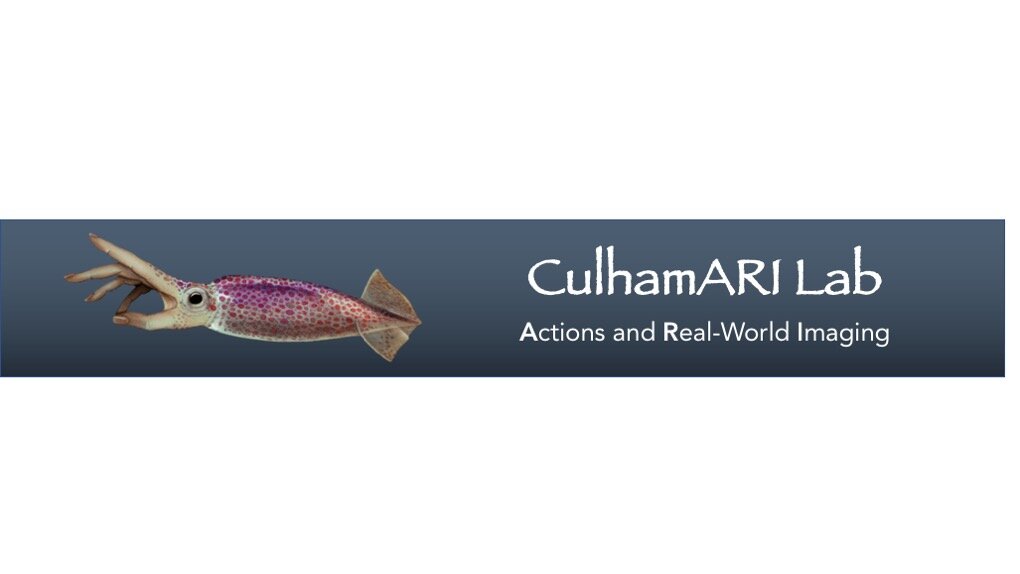I have spent several years on the Western Scholarships committee that reviews NSERC and OGSST applications. Here are some of my suggestions for writing scholarship applications that have the most likelihood of success.
Be aware of how little time a reviewer may spend reading your application.
- Your reviewers may be rating 100+ applications in an afternoon or two. It may come down to a matter of skimming your application in three minutes to determine how you compare to your peers! Make sure that the key points about you jump out quickly.
- Use point form where possible.
- Use headings and short sections or point form rather than long pages of prose.
- Don't underestimate the value of "white space" and a readable font. The extra 10% of content you can squeeze in is not worth the cost of the reviewer's frustration.
- Use bold or underlining sparingly to highlight key points.
Get the best possible reference letters you can.
- Make sure your referees have as much information as possible about you (e.g., current CV) and the emphasis of the program you're applying to. More advice on references is here.
Remember that many of the people reading your application may or may not be experts in your field.
- For example, students in Psychology may have their applications read by reviewers in other fields such as Biology, Kinesiology, or Audiology at the local level (though for NSERC, the reviewers may be in Psychology)
- Note that most scholarship applications instruct you to write "in common language without jargon."
- In your research proposal, start with a sentence or two that explains your project in lay terms (something your grandma could understand, assuming your grandmother is not a scientist in your field). End with a sentence or two stating the significance of your findings (or potential findings). In the middle, give enough of an idea of the research questions and methods to satisfy an expert.
- Make your research question, your hypotheses, the motivation and the implications clear.
- Do not cite references unless they are absolutely necessary.
- Do not assume that your reviewer knows the abbreviations for the journals you publish in or the conferences you attend. A kinesiologist will never have heard of VSS, SFN or ISMRM.
Sell yourself but don't exaggerate your contributions.
- Where possible, provide objective criteria such as the impact factors of journals you've published in, etc. This is one way to highlight your accomplishments without sounding egotistical.
- Don't pad your accomplishments. For example, don't count abstracts as "publications" or claim that you have learned everything about a technique in your first month of grad school. Exaggeration raises skepticism about the validity of your entire application.
Understand the weighting factors for various awards.
- Most Undergraduate and Master's awards weight course grades very heavily; whereas, most Doctoral and Postdoctoral awards weight research productivity heavily.
- In the early stages, it's important to get good grades.
- In the later stages, grades stop mattering and publications count for almost everything.
Start getting awards early
- Getting an award now increases your chances of getting future awards ("the rich get richer and the poor get poorer."). If you can publish early and often, you will quickly get a leg up on your peers that may last throughout your career.
Know what kind of extracurricular activities count and which don't
- In general, extracurricular activities don't count for all that much. Consider whether your participation in things such as graduate student societies is really worth it or whether the time you spend could be better used to do research.
- Some extracurricular activities don't count for anything. No academic rater is going to care that you singlehandedly organized the frisbee tournament for your graduate extramural program or that you have a black belt in aikido.
- The activities that carry any weight at all are things related to academia. For example, things that get some respect are mentoring junior students (e.g., undergrads, Honours students, newbie grad students), real teaching (almost all applicants have been TA's but only some really teach, as opposed to performing grading and administration), and genuine academic administration (e.g., being a student representative on a Department or University committee). Career-related volunteer work may carry some weight.
